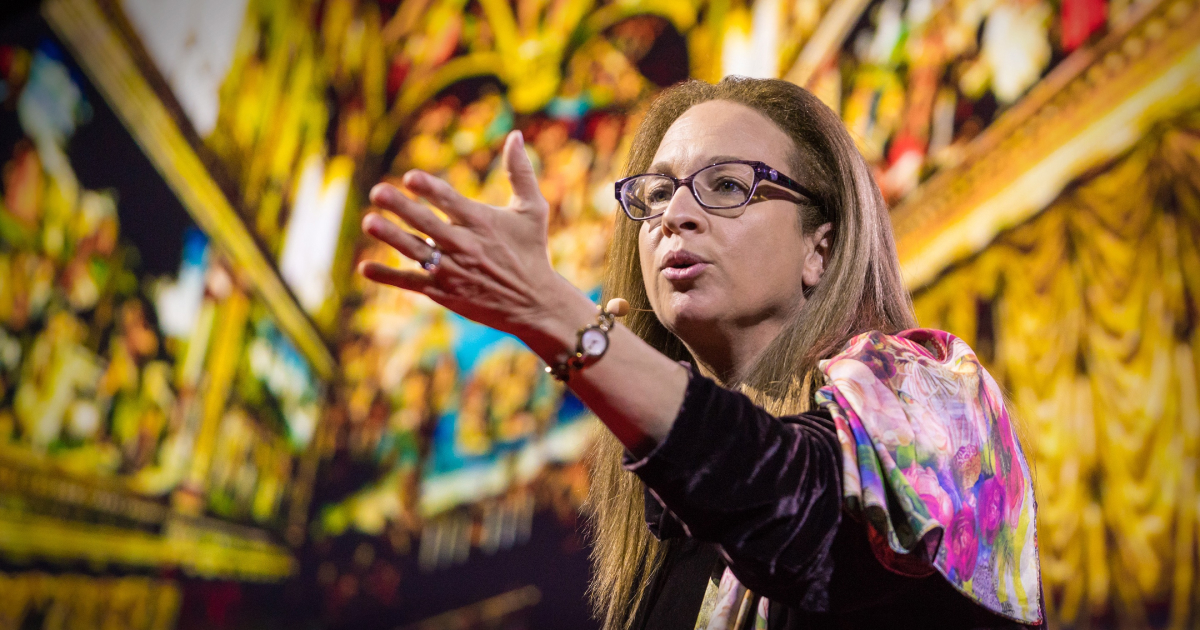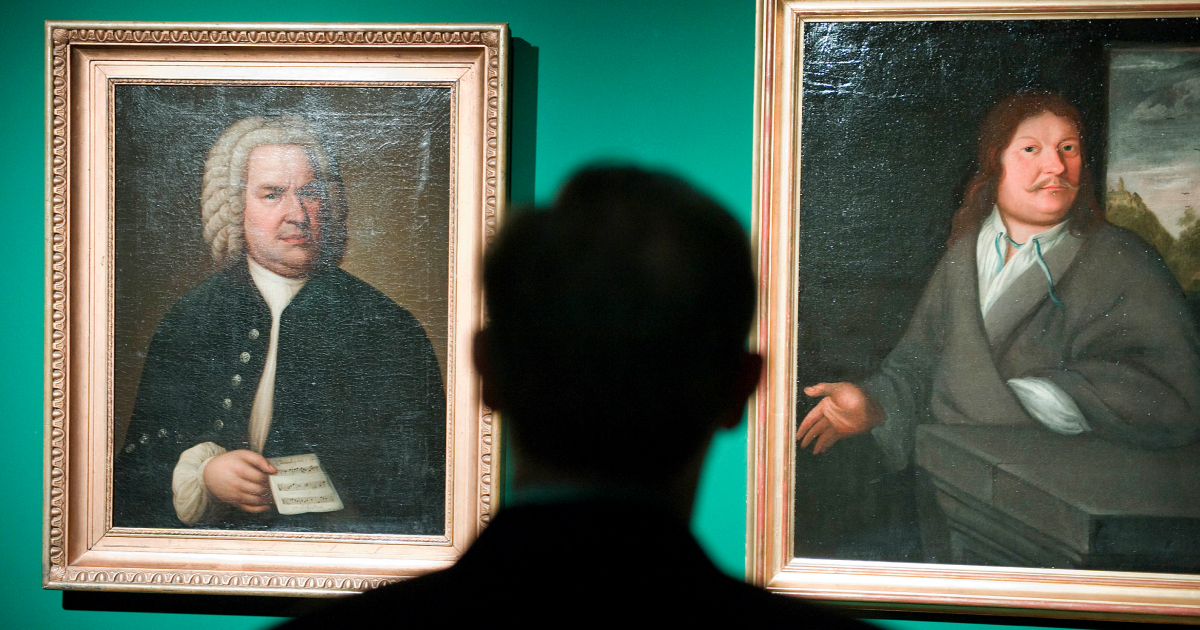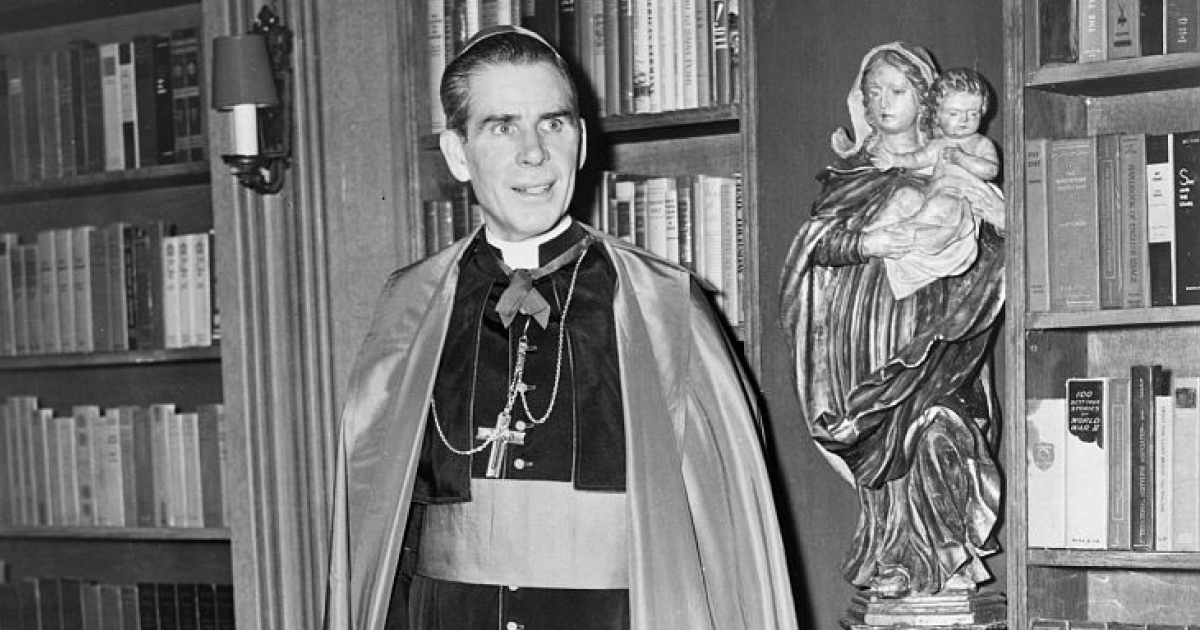Among the most ridiculous "proofs" for God's non-existence is the one suggested by the author Douglas Adams in The Hitchhiker's Guide to the Galaxy. The argument is based on the bizarrely improbable coincidence that anything so mind-bogglingly useful as a Babel fish could evolve by chance. A Babel fish is a small, yellow, leech-like creature that feeds on brain waves – enabling you to understand instantly whatever language someone is speaking if you stick one in your ear.
The argument against God's existence runs like this. "I refuse to prove that I exist," says God, "for proof denies faith, and without faith I am nothing". "But," says man, "the Babel fish is a dead giveaway, isn't it? It proves you exist, and so therefore you don't. QED." "Oh dear," says God, "I hadn't thought of that," and promptly vanishes in a puff of logic.
The Hitchhiker's Guide to the Galaxy is, of course, a work of satire – and so being ridiculous is essential to its hilarity and charm. Science, on the other hand, is not meant to be ridiculous, yet when people attempt to refute the scientific evidence that the universe has a creator, they often resort to ridiculous explanations.
In their new book God: The Science: The Evidence: The Dawn of a Revolution, Michel Yves Bollaré and Olivier Bonnassies present some of the most compelling evidence for believing in a creator God, as well as some of the seemingly ridiculous attempts that have been made to refute this evidence.
Reminiscent of Adams's Babel fish, the authors draw our attention to how bizarrely improbable it would be for a universe in which life is possible to have come about by chance. For instance, the cosmological constant Ʌ, which describes the energy density in empty space, can be calculated using quantum field theory which is the best theory we have to date describing particle interactions. Yet the observed value of Ʌ is found to be 10¹²⁰ – 1 followed by 120 zeros – times smaller than the value predicted by quantum field theory.
This means that something is balancing out this predicted value to an astonishing degree of accuracy. If the observed value of Ʌ was very slightly larger, the universe would expand so rapidly that galaxies and stars couldn't form, and if it were very slightly smaller, the universe would collapse in on itself before life could ever have a chance to evolve.
It's almost as though someone has precisely balanced Ʌ in order to make our universe inhabitable. Yet rather than draw this conclusion, several leading physicists instead choose to believe that there are an unimaginable number of other universes with different values of Ʌ, and our universe just got lucky.
By analogy, the multiverse explanation is like observing a person tossing a coin a hundred times and seeing it come up heads every time, but instead of concluding that there is something special about the coin that makes it come up heads or that there is something about the technique with which it is tossed, we instead conclude that there are trillions of trillions of people tossing coins, and we just happened to observe the person who got heads every time.
The value of Ʌ is just one of the highly remarkable features of our universe, but it is by no means a sufficient condition for life to exist. When life first began on earth, around a thousand enzymes needed to come together in an ordered manner to form a living cell. The probability that this could have happened by chance over the course of several billion years is around one in 10¹⁰⁰⁰ – 1 followed by 1,000 zeros. To explain the phenomenon of life by appealing to chance verges on the ridiculous.
In presenting evidence for God's existence, Bollaré and Bonnassies don't restrict themselves to the domain of science. In the second half of the book, they also consider the non-scientific evidence such as the biblical accounts of Jesus, the witness of the martyrs, the remarkable destiny of the Jewish people, the miracle at Fátima, and our sense of objective morality.
Again, the authors discuss the many attempts that have been made to refute this evidence for God's existence and how unsatisfying these refutations are.
In the first 500 pages of their book, Bollaré and Bonnassies don't consider the philosophical proofs for God's existence; it is only in the penultimate chapter that they finally admit that a book providing evidence for God's existence can't skip over them without comment.
My only criticism of their book is that the authors treat philosophical arguments for God's existence as though they were an optional addendum, whereas they should have presented these arguments as fundamental.
Without a philosophical account of God as the unchangeable source of all being, it will always be possible to resort to the ridiculous argument against God's existence that supposes He could vanish in a puff of logic.
Photo: A photo released 11 December 2006 by the European Space Agency (ESA) showing observations from telescope Hubble which shed light on the real mass of a star previously believed to be amongst the heaviest known in the Milky Way. The star cluster Pismis 24 lies in the core of the large emission nebula NGC 6357 that extends one degree on the sky in the arm of the Sagittarius constellation. (Photo by NASA/ESA/HUBBLE/AFP via Getty Images.)
Fr Robert Verrill is Prior of Blackfriars, Cambridge.
This article appears in the September 2025 edition of the Catholic Herald. To subscribe to our thought-provoking magazine and have independent, high-calibre and counter-cultural Catholic journalism delivered to your door anywhere in the world click HERE.











.jpg)





